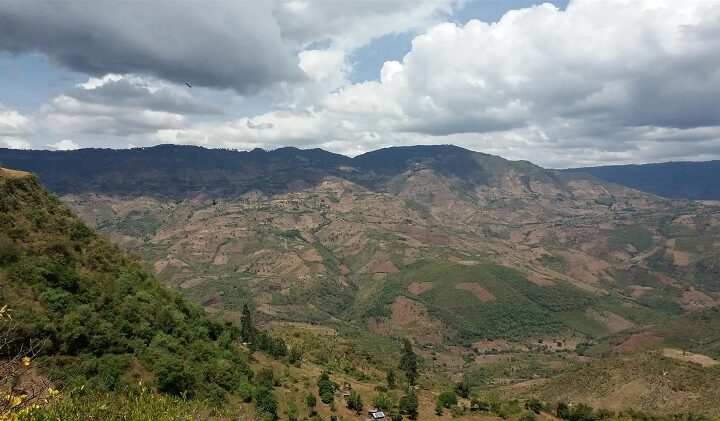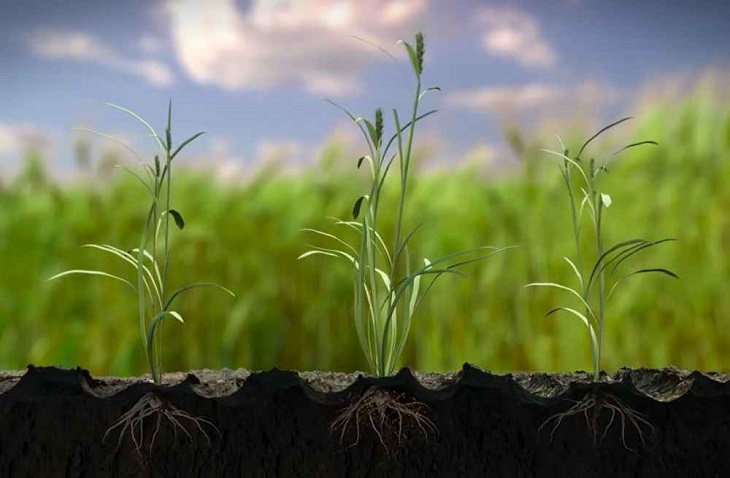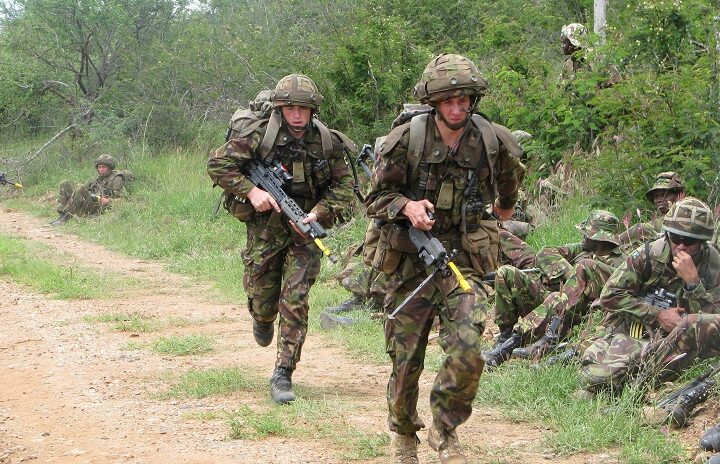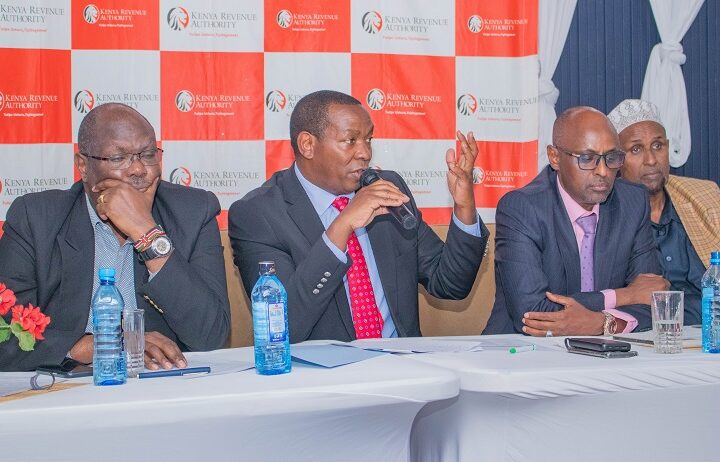U.S. Secretary of State Antony Blinken strongly condemned the targeting of Ukrainian civilians by Russian President Vladimir Putin, calling it “barbaric,” and pledged that the United States and NATO allies would continue to support Kyiv in the face of a continuing Russian onslaught.
“What we’ve been working to do is to make sure that at any given time, [the Ukrainians] have the most effective systems possible to deal with the threat that they’re facing,” he told CNN Chief International Anchor Christiane Amanpour.
Blinken was speaking from Bucharest, Romania, where he is attending a meeting of NATO foreign ministers.
“We met here not just with NATO allies, but with the G7 countries and some other countries, to put in place a very coordinated process to make sure that we’re getting Ukraine what it needs to get through the winter – to make sure that men, women, children are not literally freezing to death,” he explained.
“This is the brutalization of a country,” he added.
In the wide-ranging interview, Blinken also discussed U.S. relations with China, reaffirmed support for those protesting in Iran, and commented on the significance of French President Macron’s state visit to the U.S. this week.
“It’s going to be up to China to decide whether it wants to participate in that kind of cooperation on things like climate, on global health, on the macroeconomic environment that we’re all living in as we try to get beyond Covid and pursue an economic recovery. We can’t decide that for China.”
On the significance of French President Macron’s state visit to the U.S. this week:
“I think the fact that President Macron is the first person the President is welcoming on a state visit speaks volumes about the importance that we attach to the relationship. Not only that, what I’ve seen over the past few years with France specifically, Europe more generally, including the European Union, is greater and greater convergence on the issues that matter most – whether it’s Ukraine, whether it’s the approach to China, whether it’s dealing with everything from climate to food insecurity to energy. And do we have differences in certain things? Of course. We always do but we always work through them.”










